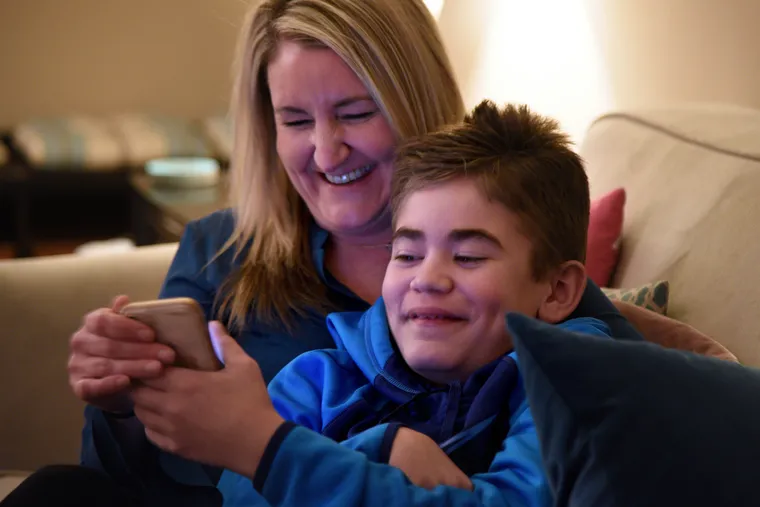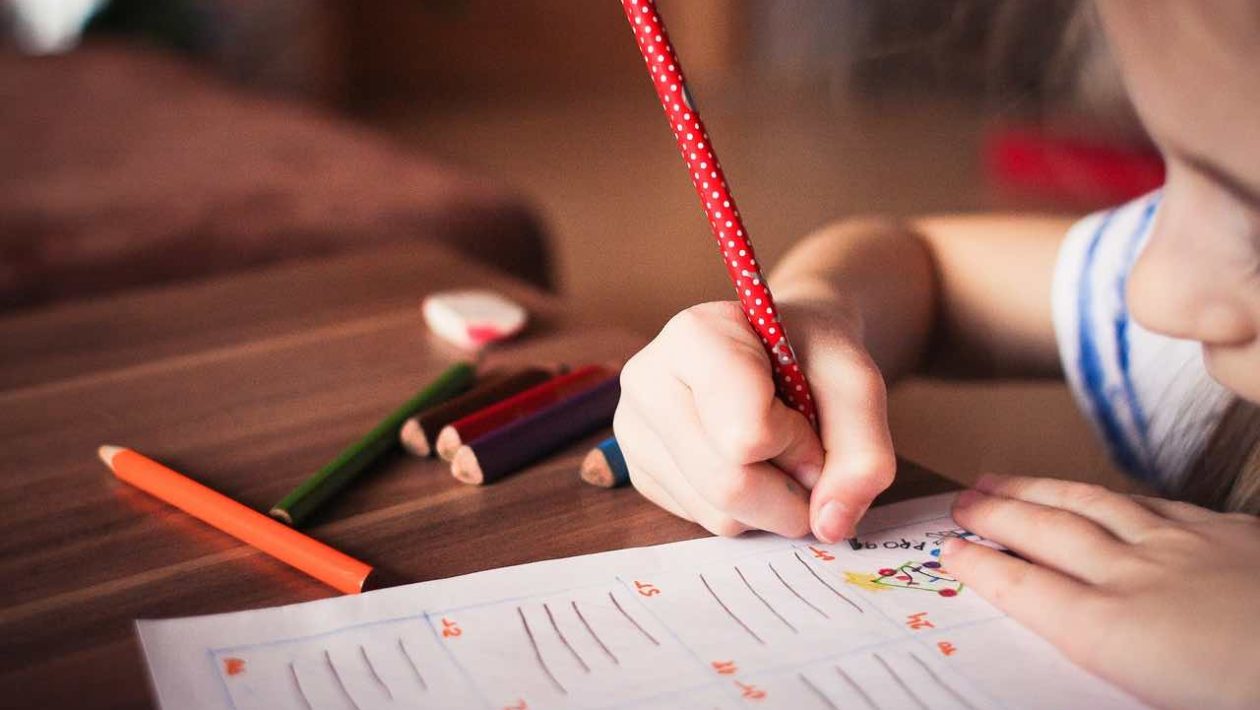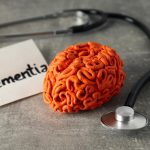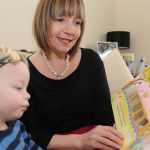While there are many misconceptions about Childhood Alzheimer’s, we need to discuss this important issue in the midst of chaos. Here chaos refers to the life of a child who is affected with this disease mentally and physically.
Many people confuse Childhood Alzheimer’s Disease as Dementia and treat their child accordingly which results in various disabilities and a disturbed life. We need to discuss how this disease differs from Dementia and what we should do to treat the patient. Is there any hope that he can live a normal life?
Table of Contents
Life with Childhood Alzheimer’s
When the child is already suffering from Alzheimer’s Disease, then they are given wrong medication based on the misconception that this disease can be treated in the same way just like Dementia. Wrong treatment and false medications can have serious consequences as the child is in his early development stage which is the base of his whole life can get affected. Childhood Alzheimer’s affects the normal life of a child when he can’t throw or catch a ball due to muscle disability, when he can’t concentrate in studies due to sudden seizures and brain cell dysfunctioning. And it also happens when he can’t even speak properly due to his slurred speech. This child can not live his life in a normal way as he is dependent on others for little things and that’s why he feels insecure and starts to feel alone. In severe cases, patients have to leave their school. This affects their studies. Communication skills don’t develop in them as they can’t interact with their friends often. Their guardians need to be patient and try to motivate them.

While Dementia is a Treatable disease, there is no proper treatment known till now of Childhood Alzheimer’s. Let’s differentiate between these two diseases to clear all misconceptions.
Childhood Alzheimer’s vs Dementia
A child who just started his life in this world has to face new challenges everyday to grow into a potential human being. But a child who is suffering from this disease loses hope. It is the time when someone should guide and look after him and motivate the suffering child. Even though both are related and cause of each other, Childhood Alzehmier’s and Dementia have many differences which should be known to the people to avoid any mistreatment which can affect the life of the patient. Here are the differences between both diseases as mentioned below :
Childhood Alzheimer’s
- Alzheimer’s is a common type of Dementia found in old aged people and Childhood Alzheimer’s Disease is a type of Alzheimer’s which specifically affects children.
- Childhood Alzheimer’s results in Brain cell damage of a child.
- The cause of this disease is still unknown as there is not any specific way to treat the patient. A hypothesis “Amyloid Cascade Hypothesis” is still in discussion to find the treatment of this disease.
- Childhood Alzheiemer’s symptoms starts to show in the child during his Concrete operational stage (7-11 years) and lasts till Adolescence and even in adulthood (in some cases).
- It can be genetic or Later stage developed disease.
- This disease causes medical conditions like NPC in which a patient loses muscle control and MPS 3 which causes the loss in motor ability in which a child will not be able to walk by the age of 10.
- In Childhood Alzheimer’s patients, the symptoms are shown such as : Affected Motor development, losing control of limbs, short span of concentration, loss of reasoning ability, learning disabilities, sensory disabilities, etc.
Dementia
- Dementia is a clinical condition which is caused by a variety of diseases which affects the patient negatively.
- This disease has many types : Alzheimer’s Disease, various Vitamin deficiencies, Stroke, Thyroid medical condition, a type of Brain tumour and reactions to medications.
- While Dementia can permanently damage the patient, there are different stages which have different levels of damage from being treatable to untreatable.
- Dementia happens in old age. A person reaching their 60s or over, is likely to get affected with this disease.
- Dementia patients are known to have symptoms such as : Memory loss, short time attention span, losing focus, distorted eye vision and disabilities in reasoning, comprehension, judgement and visual perception.

Treatment
Currently, there is no way to cure this disease but live with it. There is a medication recently developed by experts ‘miglustat’ which limits the lipid production which is one of the reasons behind development of Alzheimer’s symptoms in children. Doctors have been researching for years to treat these diseases. They suggest to notice the symptoms and treat the patient to have an optimum effect for the treatment of this disease. Here are some ways to reduce the effect of Alzheimer’s in little patients :
- Childhood Alzheimer’s patients find it hard to swallow the food. They should eat soft solid food, liquid, break down the food in small portions and eat it. Take a break in between eating your meal, do not rush to eat the meal as a whole. It can help in swallowing function of mouth and improve speech disorder.
- Since this disease affects the nervous system and brain cell functioning to cause seizures in the patients, they should be treated with Antidepressants, Stimulants to relax the Central nervous system and medications which are Anti-seizure.
- We have already discussed how this disease affects Motor development in children which results in loss of muscle control. They should be treated with Physical Therapy focused on building motor strength and muscle movement of the patient.
All we need is a better place in this world. Try to be patient with children and help them to understand this world positively. Childhood Alzheimer’s patients need your love and support.











